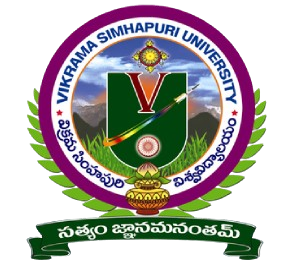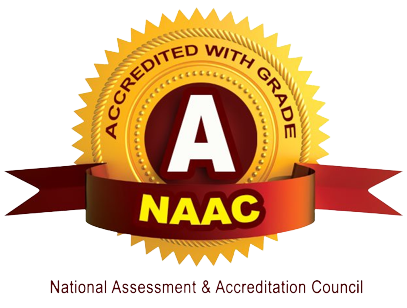About the Department The Department of Biotechnology, VSU was established in 2008 and it is DST-FIST funded Department. It offers M. Sc in Biotechnology (2 years), Integrated M. Sc in Biotechnology (5 Years) and Ph. D in Biotechnology. The Department follows CBCS (2015) and NEP (2021) curriculum. About 60% of the syllabus aligns with CSIR-UGC (NET)/DBT-JRF/GATE/SLET and other competitive examinations. An internship for 6 to 7 weeks is included as a part of M. Sc curriculum. The M. Sc course work is mainly skill oriented so that the students may be placed in Biotech industries immediately after completion of their course work. The Department of Biotechnology has well qualified and experienced faculty who are specialists in the areas of Infectious Diseases, Medical Microbiology, Bioinformatics, Marine Biotechnology, Animal Scope Biotechnology is an interdisciplinary branch of science which is popular among youngsters as it is providing ample opportunities for those who want to explore the new and modern frontiers of science. It does not refer to a specific industry or job. The applications of Biotechnology are vast as it caters to various industrial sectors like food, textiles, pharmaceutical, agriculture, animal husbandry and more. Biotechnology includes diverse subjects apart from biology making it interdisciplinary. Along with the technical part and engineering applications, biotechnology is giving rise to various new fields with humongous job opportunities. Scope for biotechnology as a career option is immense as we live in exciting times where there are amazing discoveries, new applications and innovative products on the market every day. There are various organizations that serve as great resources for those who are just entering the field of biotechnology. Biotechnologists are at the forefront of the continuous search to find new, sustainable food sources. They can work in various work environments like industrial sector, environmental sector, medical sector, food manufacturing, health-care and pharmaceuticals. Professionals in this field can specialize in one or more subfields like genomics, proteomics, and bioinformatics. A graduate degree in any of the life sciences is acceptable for a PG programme in biotechnology. Students interested in research and development can continue their studies by pursuing their Ph.D. degrees in biotechnology and related fields. Job roles for a biotechnologist based on qualification Entry-level biotechnologist or candidates with a bachelor's degree in biotechnology can work as research technicians. They help out leading research scientists to conduct and monitor experiments and may also record data and prepare reports. Graduates with a master's degree can expect to work as a lead to a research projects and team. Candidates at the doctorate and post-doctorate level can work as research scientists, a lab director or as a university faculty. Vision
Mission
|




